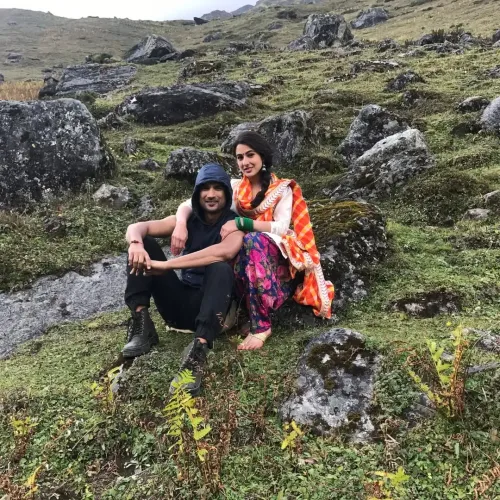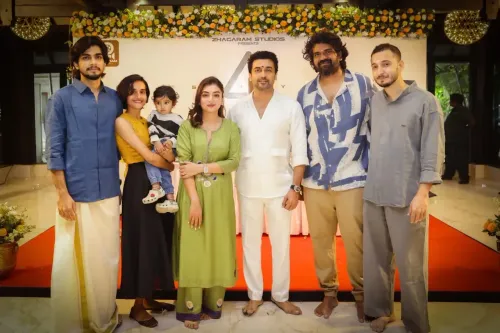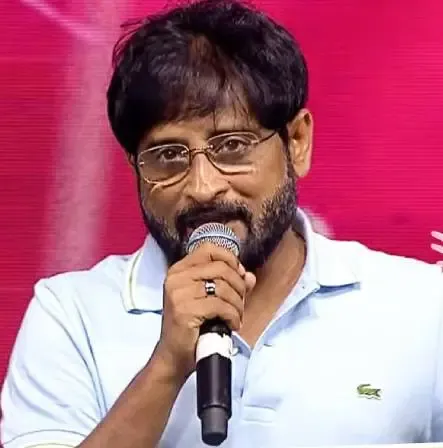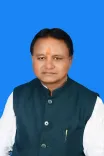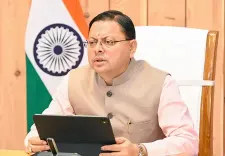Jackky Bhagnani Discusses the Rapid Growth of Live Music Culture in India
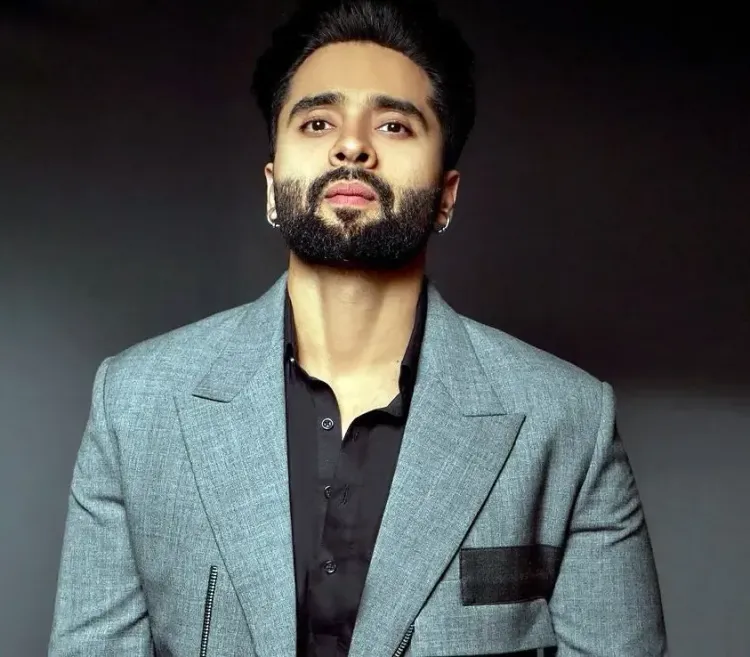
Synopsis
Key Takeaways
- Gen Z is reshaping live music in India.
- International artists are increasingly performing in India.
- Live concerts foster a sense of community.
- Social media enhances the concert experience.
- AI-generated content reflects the digital culture in live events.
Mumbai, April 16 (NationPress) Actor-producer Jackky Bhagnani has reached a conclusion regarding the flourishing culture of live music in India.
The Gen Z demographic has transformed the live music scene in India. Over the past thirty years, a limited number of international artists performed in the country, but in the last 2-3 years, there has been an influx of international musicians drawn to India’s extensive consumer market.
According to Jackky Bhagnani, founder of the music label Jjust Music, “The response to the Coldplay concerts in India was extraordinary. Nowadays, when an international band performs, tickets are sold out almost instantly. Even independent artists like Prateek Kuhad attract large audiences, and the excitement surrounding any Diljit Dosanjh concert is well-known.”
He elaborated on the factors contributing to the rise in popularity of live concerts, stating that post-pandemic, individuals are eager to reclaim the joy they missed. There exists a sense of community when fans congregate to enjoy music, applaud their favorite artists, and celebrate life together.
Jackky added, “Today’s younger audiences are searching for a genuine connection with music. Online, entire communities have formed around musical interests. Numerous talents on social media have gained mainstream recognition due to their followings. When they perform live, their fans invariably show up in large numbers to support them.”
“We are presently in the ‘era of experience,’ where youth pursue immersive and emotionally impactful experiences, whether during vacations, gaming, or sporting events. The common factor is engagement that creates lasting memories. In this regard, concerts offer the ultimate escape, providing a sensory thrill that people are willing to invest in,” he continued.
He pointed out that social media platforms such as Instagram and TikTok have transformed the social significance of attending concerts by effectively generating FOMO (Fear of Missing Out).
“Everyone aspires to be part of curated digital moments to engage in cultural discussions online. I’ve noticed that some individuals resort to AI-generated images to place themselves at concerts they didn’t actually attend! This highlights the pressure to be seen as part of significant moments,” he remarked.
“During a recent Diljit Dosanjh concert, an AI service provided virtual concert selfies—digitally created images that made it appear as though users had been present. Ranging from INR 500 to INR 1500, these selfies circulated widely online, illustrating how deeply digital culture is intertwined with live experiences,” he concluded.



